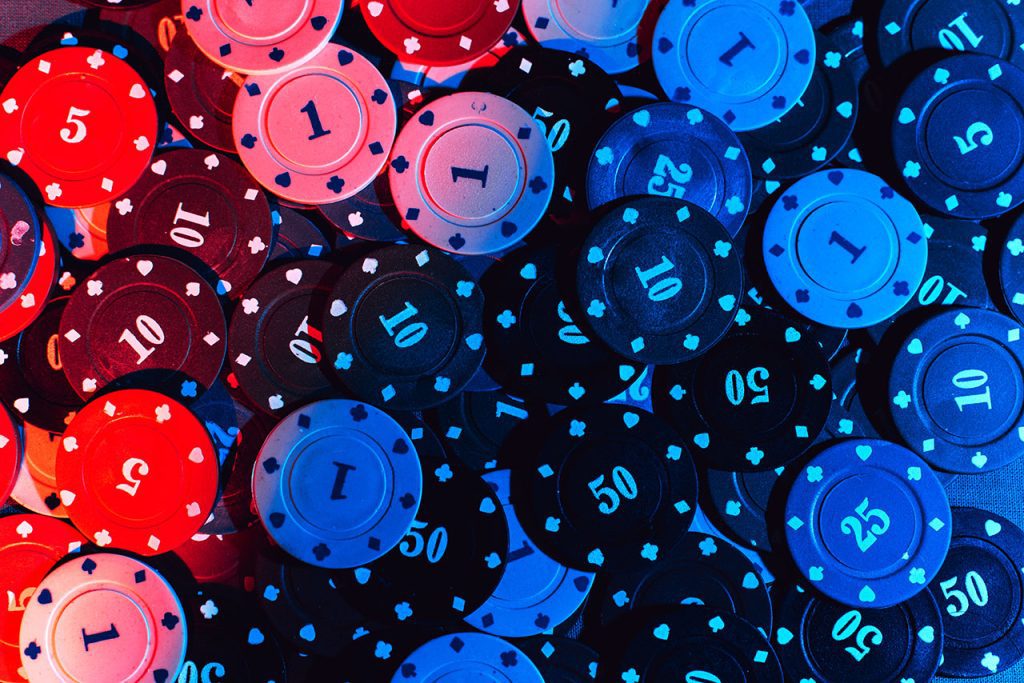Poker brings thousands of players to casinos every year. It is a great socialization game because it brings together people of similar and differing interests. While most players head to casinos for good poker sessions, some people love to build connections with others when playing the game. You might be familiar with the game’s social perspective if you have been an active poker player. Although modern-day poker players miss out on socializing due to the emergence of online platforms, they can bridge the gap on several grounds. Let’s dive in to understand the social impact of poker.
Poker and Community Building: The Social Factor
Players who enter casino floors meet many new faces from varying backgrounds. Seeing culturally diverse people opens the doors of warmth and personal bonding. Since poker is one of the most played games, it serves as the primary source of building social connections. We will walk you through the different ways poker helps people to socialize.
Common Passion
The basic ground for social interaction among poker players is common passion. Players from different regions gather under the same casino roof to compete against each other. When playing poker, they read each other’s minds and develop a liking for each other’s playing tactics. This is especially valid for players with intelligent moves.
Using smart strategies to turn the odds in one’s favor allows players to rise above competitive grounds and learn. It is one of the reasons many high-rollers drink together after competing in intense poker sessions. Exchanging thoughts and ideas with each other helps players build personal relationships with culturally diverse people.
Moreover, they plan future casino trips together for added fun. This way, a shared passion builds a bridge of emotional connection among poker players, bringing people together.
Social Gatherings
Socializing in this digitally empowered society has basically become the equivalent of a few taps on your smartphone screen. However, many still like to spend time with their friends and have real conversations. This is where games like poker can really make a difference. Poker players often host home parties with varying game rules to pull crowds of quality players. They add to the fun by including various drinks and foods.
Spending quality time at poker parties allows people to discover common interests and build relationships. More importantly, they learn to accept defeat without hurting each other’s egos. Friendly poker sessions are common among friends and families. As a party host, you can always conduct exciting community-building activities.
Hosting a poker party can be a fun way to learn various poker strategies and how to deal with tough players. Try it and see how it adds more people to your socialization list.
Cross-Cultural Bonds
Cultural differences restrict people from developing cross-cultural connections. Contrasting lifestyles, norms, and ethics make developing personal associations with people from other cultures challenging. Poker games are a great way to overcome such boundaries. When players from different parts of the world compete against each other in casinos, they get to know each other better by rising above cultural odds.
More importantly, they focus on common strategies and playing ethics to understand each other better. Although such tactics only help them win the game, they impact players and their social lives in the long term. Sometimes, poker players end up having common interests in other activities. They schedule hangouts and get-togethers to strengthen their relationships.
Based on the above factors, poker plays a vital role in breaking cultural barriers and developing cross-cultural bonds.
Online Communities
Online casinos have restricted players from socializing; however, it has facilitated them to build communities. With many online poker sites actively pulling players, poker stars meet new people and join online forums for socialization. Online communities are like social apps, allowing everyone to express their ideas and engage in meaningful discussions.
Although poker communities are about learning and playing poker, they establish the ground for emotional connection among players. New poker players can also eliminate their hesitation in communicating with the pros. Online communities usually have ethical rules for every member to observe. Those violating the rules and mistreating others can face group bans.
If you miss out on land-based socialization experiences, join one of the poker forums with active users to engage in friendly discussions.
Charity and Fundraising Events
Poker has billions of players and followers worldwide. People actively observe poker stars and learn strategies to improve their own game. Poker communities often pull such crowds for charity and fundraising events. People from various backgrounds gather to play high-stakes poker and donate their winnings to charity.
Such events are great for socialization. They enable poker experts, followers, and active players to interact with each other and raise funds for a good cause. Since more people contribute to the good cause, playing poker for charity can be a great way of establishing personal connections and building empathetic communities.
The thrill of the game, combined with the passion for helping others, creates a perfect socialization equation for poker enthusiasts.

Responsible Gambling
When poker players build friendly bonds with others, they can bow in favor of what the majority likes. A common concern for most professional players is ethical and responsible gambling. When players use devious ways to turn the odds in their favor, lose the respect of their peers. Instead, new players should focus on learning responsible gambling, which is only possible when learning in positive environments.
Groups of poker players can help newbies understand the dos and don’ts of the game. They can teach them ethical strategies to outsmart their opponents. Moreover, groups of poker experts can foster the “learn first” culture among new players, making them more responsible before professional competitions.
Professional poker experiences, exchanged ideas, and socially active expert players collectively contribute to responsible gambling.
The Takeaway
The social impact of poker goes beyond the game’s strategies and prize pools. If you want to break stereotypes and socialize with the best poker players, the above factors may provide you with some excellent ways to get started. Feel free to explore Poker 2 All for helpful poker tips and strategies.


Leave a Reply